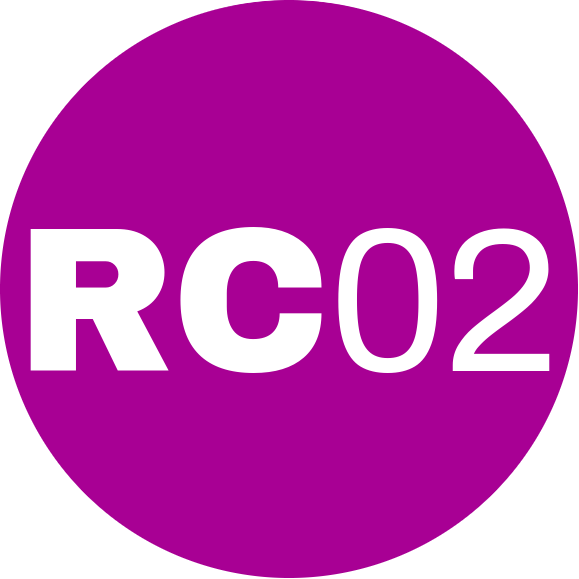Guest Editors
Cristina Alaimo, LUISS University
Annabelle Gawer, University of Surrey
Stefan Haefliger, Stockholm School of Economics & City, University of London
Evelyn Micelotta, University of Ottawa
Georg Reischauer, WU Vienna University of Economics and Business & Johannes Kepler University Linz
Platforms are digital infrastructures that connect users in a flexible way, thereby intermediating between (at least) two user sides who can be individual and/or collective actors. Google, Amazon, Apple, and Microsoft are popular examples of platform organizations – organizations that operate one or more platforms. More and more management scholars consider platform organizations as a distinct and novel form of organizing (Benzell, Hersh and Van Alstyne, 2023; Kretschmer, Leiponen, Schilling, & Vasudeva, 2022; McIntyre, Srinivasan, Afuah, Gawer, & Kretschmer, 2021). They specified the distinctiveness of platform organizations in especially two ways. One way pertains to the variety of features that constitute different platform types (Cusumano, Gawer, & Yoffie, 2019; Kornberger, Pflueger, & Mouritsen, 2017). Transaction platforms (also referred to as marketplaces), for instance, enable users to exchange or temporally access resources (e.g., Airbnb, eBay) and to contract services on the spot (e.g., Uber, TaskRabbit) Innovation platforms, especially operating systems like Apple’s iOS, provide a modular infrastructure for collaborative innovation and are the fundament of large-scale ecosystems (Cutolo & Kenney, 2021; Jacobides, Cennamo, & Gawer, 2018). Information and social media platforms (e.g., Facebook, Twitter, TripAdvisor) provide users access to information filtered and categorized according to their needs. The second distinction of platform organizations is the modalities by which platform organizations create value and govern users. Scholars identified the relevance of algorithms and interfaces in re-organizing membership and collective action rules (Benzell et al., 2024; Chen, Tong, Tang, & Han, 2022; Reischauer & Mair, 2018), showcasing how users are governed by standardizing interactions, controlling behaviour, and promoting evaluative practices (de Vaujany, Fomin, Haefliger, & Lyytinen, 2018; Kellogg, Valentine, & Christin, 2020; Kornberger et al., 2017). Some platform organizations were even found to nurture organized immaturity – the erosion of the individual’s capacity for the public use of reason – to avoid user resistance and have a strong governance regime (Harracá, Castelló, & Gawer, 2023).
This special issue aims to generate robust organization theory that advances our understanding of the various ways through which platform organizations affect societal change and are shaped by other organizations, organizing, the organized, the disorganized, and the unsettled in and between economy, politics, and society. Put differently, we aim to explore platform organizations in their societal context and how they shape these contexts, as opposed to studies of platforms as a close system.
To meet this objective, the guest editors invite papers that draw upon and combine insights from organization and management theory, information systems, innovation and entrepreneurship research, strategic management, public and non-profit management, management history, science and technology studies, sociology, organizational behaviour, accounting, public policy and political science, philosophy, and critical management studies, inter alia. The editors are open to all levels of analysis, such as group, middle manager, organizational, ecosystem, industry, and field level. Papers that theorize at multiple levels of analysis are also welcome. Moreover, they embrace a wide range of qualitative and quantitative methodologies and methods, including mixed methods and novel approaches. The submission deadline is February 28, 2025.
For the full call for papers, visit https://journals.sagepub.com/pb-assets/cmscontent/oss/call%20for%20papers%20February%202025-1709721323.pdf

